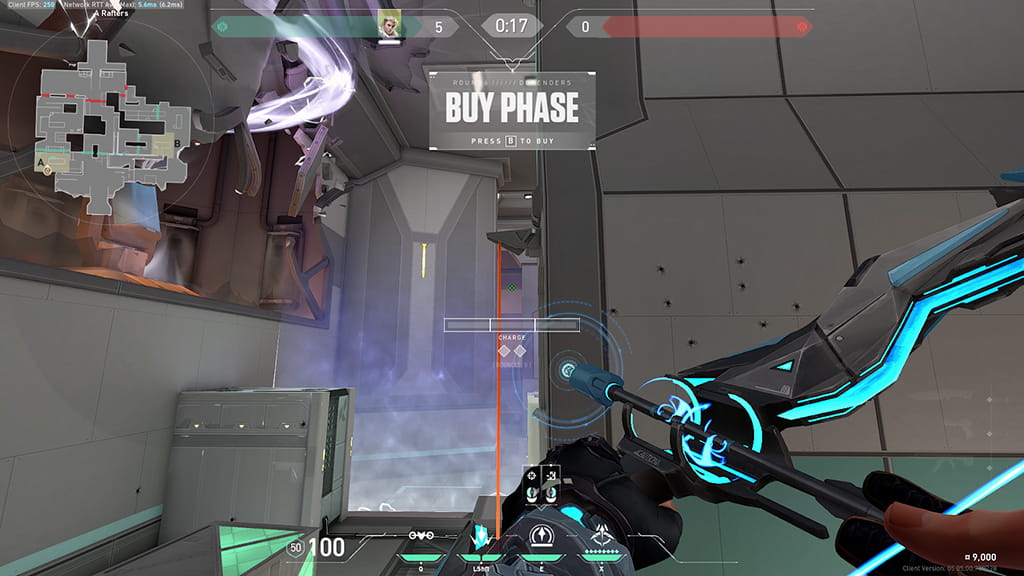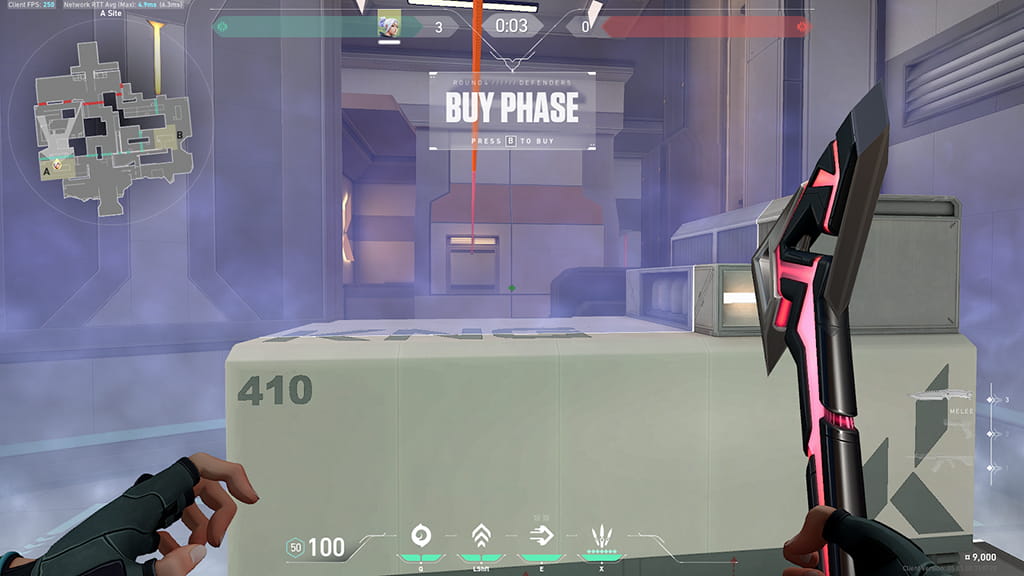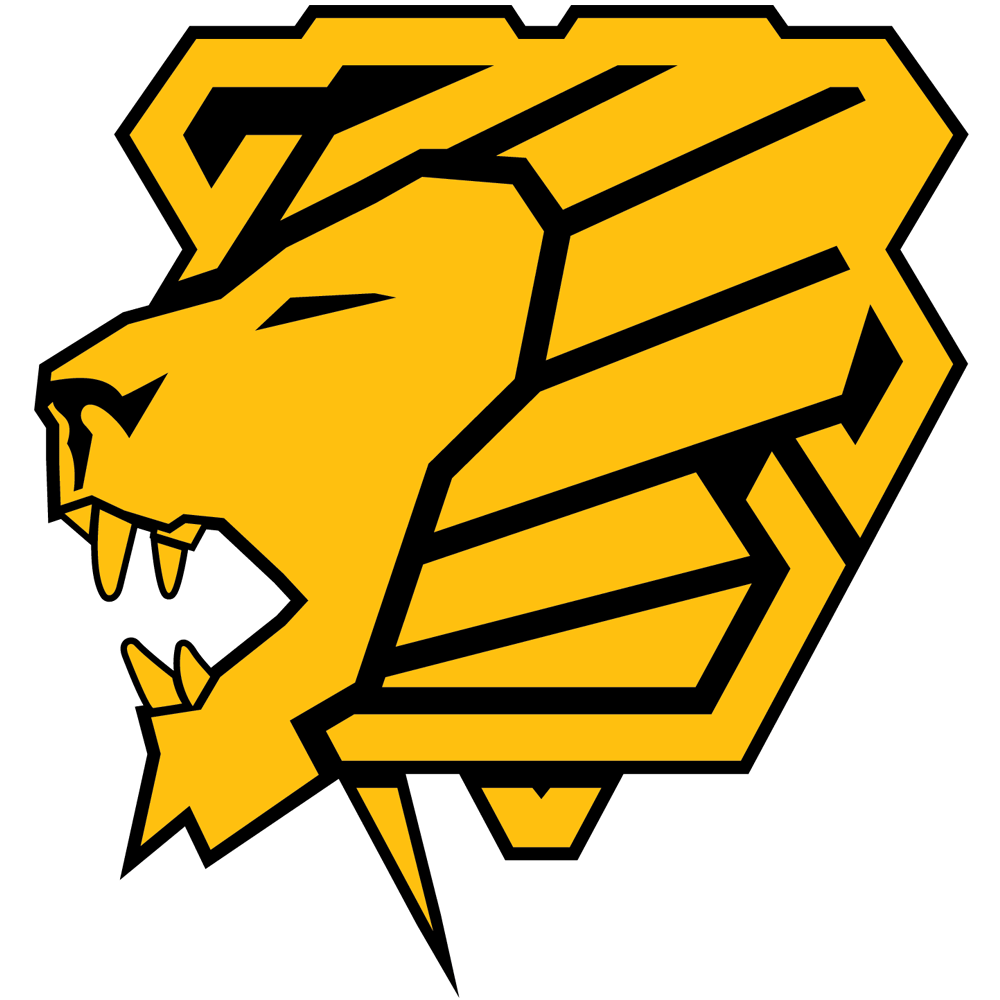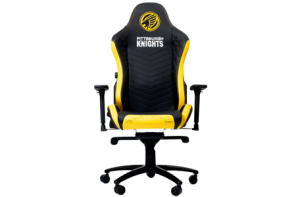Communication is one of the most important aspects of the game and is beyond underrated. Information controls rotations, map control, teamwork, and overall readiness. Today, we will master how to use communication, without overcommunicating properly.
We’re going to break up communication into 5 parts, Pre-Round, Enemy Information, Attitude, Utility, and Mid-round.
Preround
In Pre-Round, you want to note anything important that you are going to do as soon as the round starts. This is especially important if you are an initiator, or if you’re doing anything drastically different than the previous rounds such as going for an aggressive play. Let’s look at some examples

I’m darting A early this round instead of mid, someone spot mid” or “I’m darting A main and then fast rotating mid if no one is there
This lets your teammates know what to expect early into the round, eliminating misunderstandings and multiple people playing the same angles and leaving other angles open.

I’m holding on top of pipes “A” as soon as the round starts, can you break my dart?” or “I’m holding on top pipes A off rip, can you flash for me?
By letting your teammates know what you will be doing early in the round, everyone will be on the same page and know how to react when the round starts. This will also allow your teammates to understand what you are doing so they are able to support you with utility, or come with you to trade you out if you die.
Enemy Information
Knowing exact information on where certain opponents are can give your whole team an edge. Calling out even the tiniest of information that you gather from the enemies can be useful to your whole entire team.
For example, let’s say that your chamber pushed up on the B side taking map control. However, he heard a raze bot clear the room he was about to progress into. If 15 seconds later into that round, you call out that the raze used her nade back site on A, that chamber now knows the raze cleared B and then rotated A. Additionally, if you call out that you hear multiple, the chamber can assume that they are no longer holding B and he can lurk up and flank them.
For best practice, communicating specifics is critical. From numbers on a site hit or utility used across the map, it all leads back to collecting accurate information. Be extremely aware of what you hear and be as specific as possible. It’s the worst when someone calls “all A, all A” and you pull your knife out to rotate and someone is holding mid. If you are not sure how many players you hear, say you hear multiple, or at least one. Also, make sure to specify if they are committing to hitting the site or not. Hearing 3 players, but they are not committing with important utility is extremely different than hearing 3 players while they use important initiating utility such as drone and flashes, make sure your teammates know the difference.
Another important aspect of communicating information is the way in which you deliver the information. Match the energy of the urgency. If you hear 4 or 5 players committing to A site, make sure that you’re matching the urgency with the call out. Make sure people know that they are in fact committing and you need help. If you say it too monotone and dull, your teammates may not instantly register it in their brains with urgency. However, there is a balance to this, stay calm and collected and make sure you’re not screaming or being overly loud.
Calling out your kills and or deaths immediately is vital to team and map awareness. This can especially be important in retakes and high pace gameplay. Sometimes when you are retaking a site or a lot is going on, it’s easy to miss when someone died. This can cause players still worried about certain angles and playing around that leaving them at a disadvantage when in fact the whole time that person was already killed. You want to simplify these callouts to sound something like “back site dead” or “under heaven dead.” Ideally, match the call out of the person who called it. If someone says “one in cubby, one in cubby” and you kill them, call “cubby dead” so the team understands it was the same person that they were worried about originally.
Attitude
Your attitude as a communicator plays a big part in your team’s performance and morale. Tilting and degrading teammates can not only tilt you, and make you play worse, it can make your teammates either tilted or insecure and scared of making mistakes. If your teammates are scared to make mistakes, they will ultimately not play correctly, leading to their under performance.
Being a positive teammate and leader is a way to make a huge difference in game that doesn’t require any skill or gameplay. If you are hyping up your teammates and keeping morale high, the performance of the team will continue to be high. If a player is doing poorly, when he makes a play that was good, hype him up and let him know how impactful it was. This can give the player confidence to start performing again.
Utility
As most of you know, utility is a massive part of the game and is needed to take sites, gather information, and take duels. However, your agent doesn’t always have the abilities you need in every given situation. Due to this, it takes a lot of teamwork to properly utilize utility. This is where communication comes in, so everyone is on the same page. Your opponent’s utility also changes how you play around the map and on each site, such as A Sova drone, Skye dog, or any other info-gathering utility.
Opponent’s Utility – As mentioned above, calling out the enemy’s utility usage is extremely helpful to your teammates. This can let your teammates know that certain abilities are no longer in play, and they can use that information to their advantage. For example, a player may be holding an angle with an Operator but is afraid of a Sova drone exposing his position. If you communicate that the Sova used his drone, that player could hold more confidently as the round continues. Communicating the opponent’s utility can also let your teammates know if they are most likely committing to that site or not. If you are calling out that they are smoking, droning in, and flashing, your B players will have a pretty good idea that they are committing to that site and can rotate fast.
Your Utility – Many agents have abilities that synergize well together, improving team efficiency. For example, drone, flashes, and stuns. Because of this, it’s important to communicate when and where you are planning to use these. This will allow your team to do coordinated pushes with your utility and get free kills while utilizing your utility. Get comfortable initiating teamwork plays and listening to them as well. Some examples would be, “Hey Jett, let me flash for you to peek mid.” Doing this will also get your teammates in the right mindset of asking for utility when taking fights and map control. Or maybe you’re the Jett in this scenario and you would listen to the call and be prepared for it.
For utility – Similar to the last section, it’s important to ask for utility and listen for chances to use yours. Whether it’s smokes, flashes, or a stun, it’s important that you make it clear what utility can help you and where you need it. Sometimes, your teammates may not know exactly how to support you by default, or even where to smoke. Communicate with them about where and when you want that utility to help you develop the round. If you notice your controller player is struggling with where to use his smokes, kindly guide him in the right direction by telling him where to place them.
This guide covers the basics, but we will be diving deep into team play and communication to utilize these key concepts to the best of your ability in our future guides and classes within our Academy+ Subscriptions! Click Here to sign up for our waitlist


